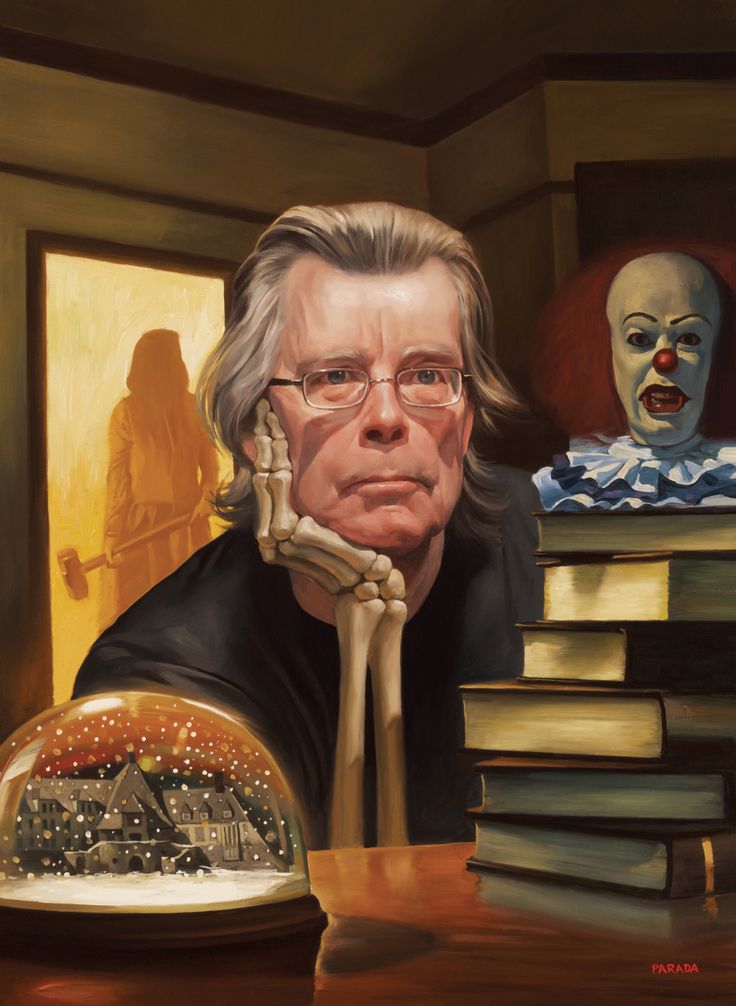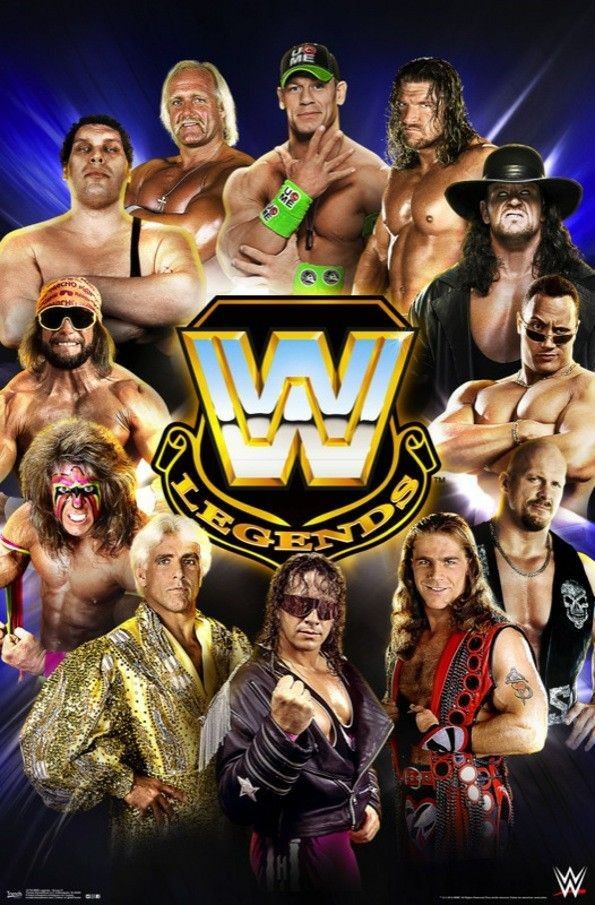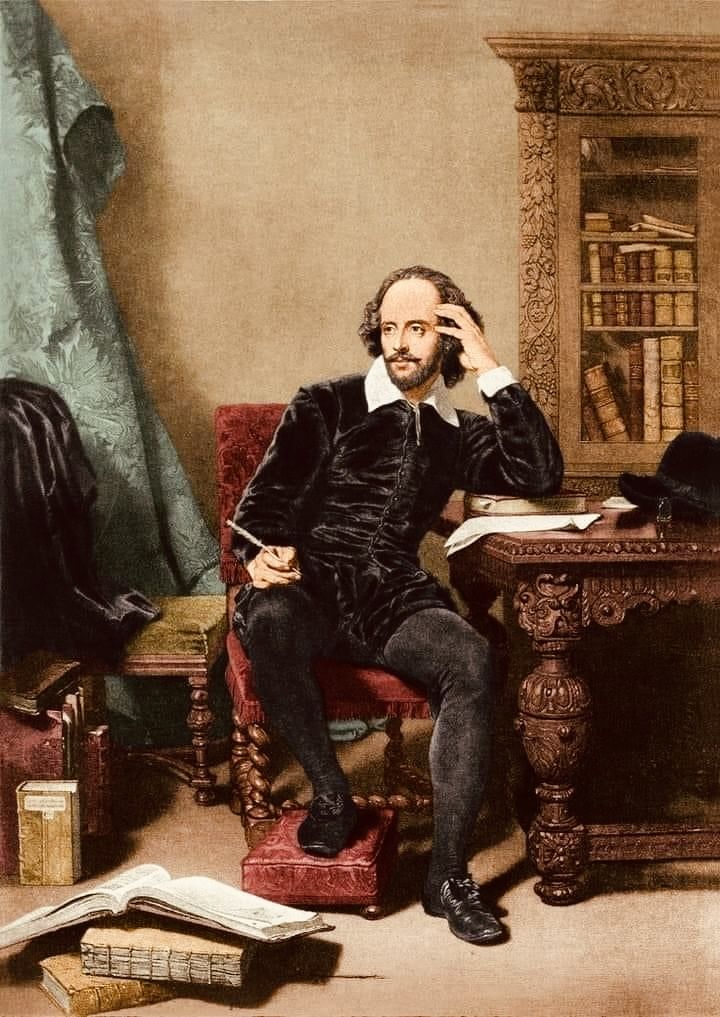Whether you want to spook readers with horror or keep them glued to a heartfelt tale, there’s no better mentor than Stephen King. He’s the mastermind behind bestsellers like The Shining and It, a guy who can make a clown terrifying and a car seem sinister.
Stephen King’s advice on writing is as legendary as his books. If you’re looking to level up your storytelling game, let’s dive into seven golden Stephen King book writing tips – or “nuggets of wisdom” from the King himself.
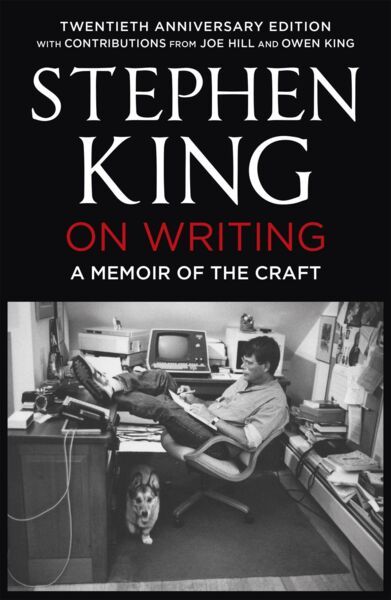
1. Read Like Your Life Depends on It
One of the top practical Stephen King tips is reading!
King once said, “If you don’t have the time to read, you don’t have the time (or the tools) to write.” Reading is fuel for your imagination. It’s like studying how your favorite band makes music—you learn what works, what doesn’t, and how others push creative boundaries.
For instance, King adored books like Lord of the Flies and 1984. These weren’t just thrilling reads; they shaped his storytelling.
Imagine this: you’re crafting a villain. Read about Big Brother’s omnipresence in 1984, and suddenly your bad guy doesn’t just steal money; he steals trust. Want to write gripping tension? Read Gone Girl and learn from its razor-sharp twists.
So, next time you’re binging Netflix, swap an episode for a book. You might stumble upon a technique that transforms your story.
2. Write Daily—Even When You Don’t Feel Like It
Stephen King is a writing machine, churning out 2,000 words a day. Stephen king’s advice on writing is to WRITE!
“Amateurs sit and wait for inspiration; the rest of us just get up and go to work,” he says. Writing is like going to the gym. Some days it’s exhilarating; other days, it’s a slog. But every word you write flexes your storytelling muscles.
Take King’s Carrie, for example. He almost gave up on the draft, chucking it into the trash. His wife, Tabitha, rescued it. Now it’s a classic. Imagine if he’d waited for “the perfect writing mood” instead of slogging through tough days.
Your draft doesn’t have to be perfect; it just has to exist. Set a daily word goal—even 300 words—and stick to it. By year’s end, you’ll have a novel.

3. Kill Your Darlings (and Then Kill Some More)
“Kill your darlings” is King’s shorthand for cutting anything that doesn’t serve the story, no matter how much you love it. That’s one of the no-nonsense Stephen King on writing tips! Sure, that witty dialogue might be hilarious, but if it slows the pacing, it’s gotta go.
In The Stand, King trimmed his original manuscript by over 400 pages. Imagine lopping off that much work! But those cuts made the book tighter and more suspenseful.
Here’s a tip: when editing, ask yourself, Does this move the story forward? If the answer’s no, chop it. Keep your readers hooked, not bogged down by fluff.
4. Create Relatable Characters—Then Torture Them
King’s characters are ordinary people in extraordinary circumstances. Think about Wendy and Danny in The Shining. They’re just a mother and son, but put them in a haunted hotel with Jack Nicholson (er, Jack Torrance), and you’ve got tension that won’t quit.
What makes these characters pop? Relatability. Danny is just a scared kid. Wendy is a protective mom. You see yourself in them. Then King drags them through hell.
When writing, start with a “what if” question. What if your introverted neighbor had to save the world? What if the kind barista became a vampire? Build realistic, flawed characters and watch readers cheer—or scream—for them.
So, there goes imaginative one of Stephen King book writing tips!
5. Master the Art of Simplicity
King’s writing is powerful because it’s straightforward. “The road to hell is paved with adverbs,” he warns. That’s right—ditch the “he shouted angrily” and “she smiled happily.” The action should carry the emotion.
Take a scene from Misery: Paul Sheldon doesn’t scream, “I’m so scared!” Instead, King shows his fear through his trembling hands and his desperate attempts to escape. Readers don’t need to be spoon-fed—they want to feel the moment.
So, Stephen King advice is to simply show. When editing, swap complex phrases for concise ones. Let your scenes breathe without overexplaining.
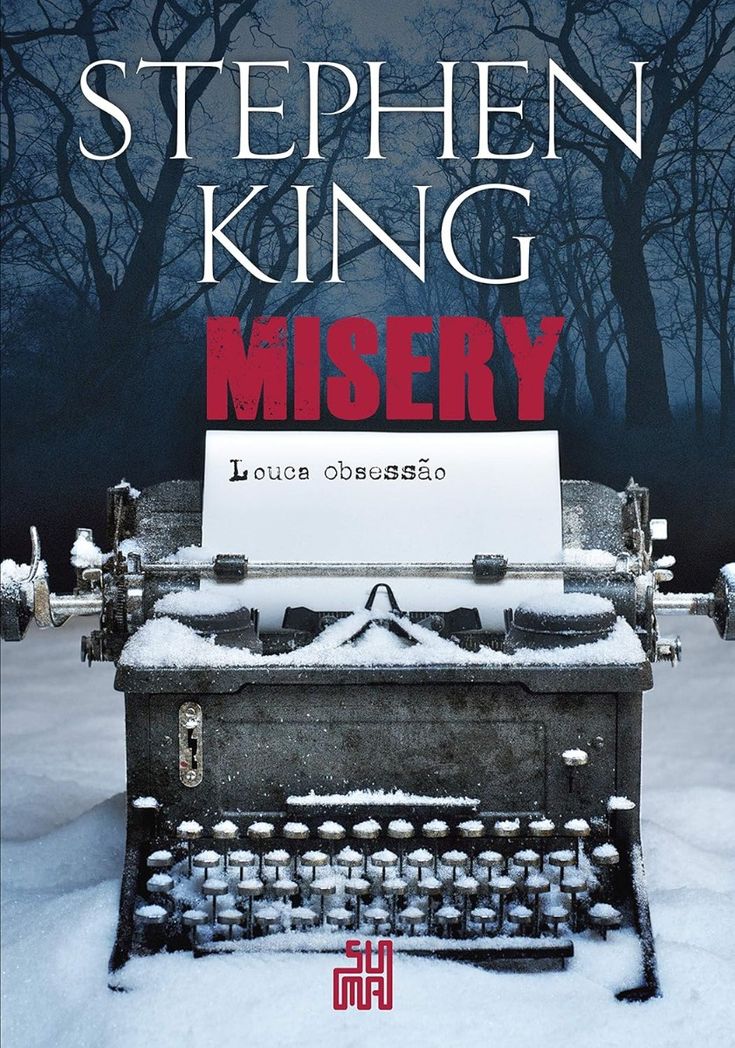
6. Write for Yourself First
Stephen King advice for writers is to craft stories you’d love to read. “When you write a story, you’re telling yourself the story,” he says. If you try to please everyone, you’ll please no one.
Case in point: It. On the surface, it’s about a killer clown. But it’s also about friendship, facing fears, and childhood trauma. King didn’t write it thinking, What will sell? He wrote the story he needed to tell, and readers connected with it on a deeper level.
What do you care about? What kind of stories excite you? Start there. Your passion will shine through the pages.
7. Keep It Real—Even in Fantasy
King’s books often have supernatural elements, but they’re always grounded in reality. This is also a fitting one of Stephen King tips on writing horror!
The haunted hotel in The Shining feels real because of its mundane details: the boiler room, the snowed-in roads, the old elevator. Readers are more willing to believe in ghosts if they can also picture the wallpaper.
Think about your settings. Are they vivid enough for readers to feel like they’re there?
King’s trick is anchoring the fantastical in the ordinary. If your heroine is battling a dragon, show her brushing ashes off her shoes or the smell of burning scales. It makes the unbelievable believable.

Closing Thoughts – Stephen King Advice for Writers
Stephen King didn’t become a literary giant by luck. He honed his craft with relentless practice and a love for storytelling. His tips on story writing—read obsessively, write daily, and keep things real—are as applicable to your first short story as they are to a sprawling novel.
Now it’s your turn. Take Stephen King advice on writing, grab your favorite pen (or laptop), and dive in. Who knows? Maybe your story will be the next one to haunt our dreams.
.
Read more on copy writing:


